WHA69 IFPMA Reception: Zika & Ebola: How global health threats prompt innovation
Date
23 May 2016
Time
18:00 to 20:00
Location
Intercontinental Hotel, Geneva
Attendance
This event has now passed. To browse our upcoming events click here.
RSVP : info@ifpma.org
Program
Invitation
At the margins of the 69th World Health Assembly
IFPMA Reception:
Zika & Ebola: How global health threats prompt innovation
Monday, 23 May 2016
6:00 PM – 9:00 PM
You are cordially invited to join us at this exciting panel discussion on how innovation works when faced with public health threats. Our speakers will answer queries on strengths, weaknesses, and solutions in addressing disease response in a coordinated fashion involving different cross-sector stakeholders. How challenging is it to transpose an innovation ecosystem to the nature and dynamics of emergency outbreaks? All with a clear view on how such stakeholders come up with creative and alternative solutions for such settings.
Ms Tulip Mazumdar, Global Health Correspondent for BBC
Dr Jennie Ward Robinson, President and CEO, PAHO Foundation
Dr Bernadette Murgue, Project Manager at WHO
Dr Laurent Kaiser, Professor of Medicine at the University of Geneva
Dr Gaston R. Picchio, Vice President, Scientific Affairs at Janssen
Dr Klaus Shönenberger, EssentialTech Program Leader- Swiss Federal Institute of Technology (EPFL)
Don’t miss out on joining this rich discussion, which will conclude with a cocktail reception.
Hotel InterContinental Genève
Chemin du Petit-Saconnex 7-9
1209 Genève, Switzerland
Registration : info@ifpma.org
Speakers
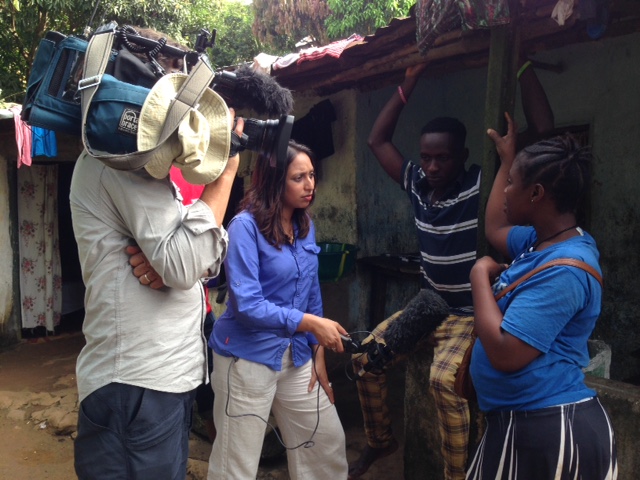
Tulip Mazumdar is the BBC’s Global health correspondent. She led the BBC’s news coverage of the Ebola outbreak in West Africa. She travels around world reporting on a wide range of global health issues, from antimicrobial resistance to emerging diseases such as MERS to palliative care and access to pain relief. Her work has taken her to countries including Afghanistan, Pakistan, Saudi Arabia, Nigeria, Uganda and the Philippines. Most recently she has been in Japan looking at eating disorders, and Puerto Rico reporting on the US’s response to the current Zika outbreak.
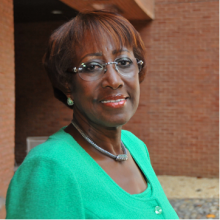
Dr. Jennie Ward Robinson, President and CEO of the PAHO Foundation, has over fifteen years of public service within nonprofit and for profit communities. She has served as Director of Medical and Scientific Affairs of the Alzheimer’s Association, was the founding CEO and Executive Director of the Institute for Public Health and Water Research, and an Associate Professor at The School of Rural Public Health, Texas A&M Health Science Center, Texas A& M University. In addition, she has served on various Boards including the EPA’s National Drinking Water Council, as a member of the Institute of Medicine’s Roundtable on Environmental Health Sciences, Research and Medicine, the Alliance for Water Efficiencies, and the Illinois Chapter of the Nature Conservancy. Dr. Ward-Robinson holds a doctorate from the University of Wisconsin-Madison and has completed numerous executive and leadership training programs from leading institutions that include the Center for Creative Leadership and the Kellogg School of Nonprofit Management.
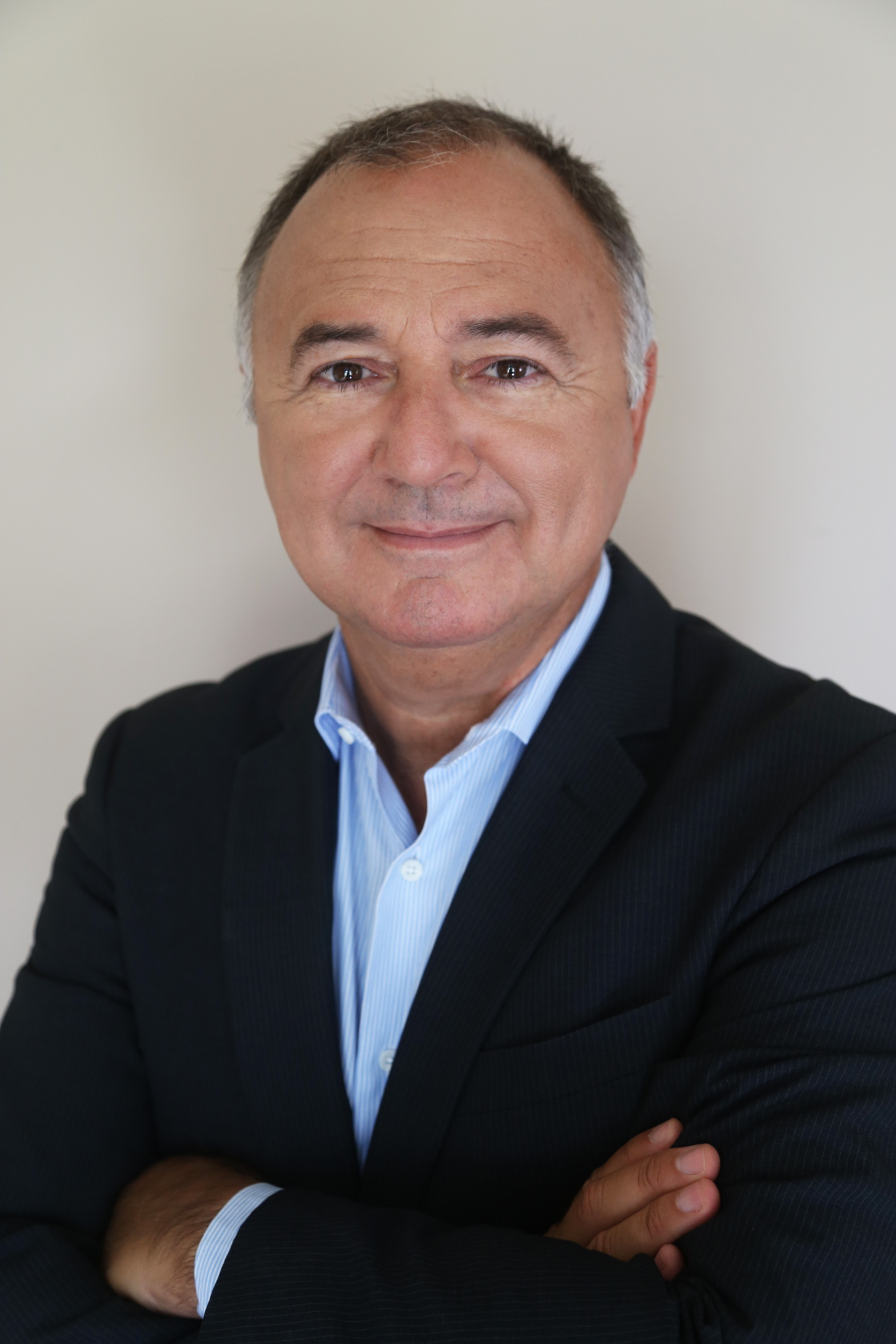
Dr. Gaston R. Picchio is Vice President, Scientific Affairs at Janssen Vaccines where he focuses on vaccines for the prevention and treatment of emerging infectious diseases. Dr. Picchio is a clinical virologist with more than 30 years of experience in viral diagnostics, basic research and development of antivirals working in the United States, Europe, Asia and Latin America. In that time, he has co-authored over 100 peer-reviewed papers.
Dr. Picchio started his career in Buenos Aires, Argentina, working in the field of HIV in the early days of the epidemic. He later moved to the United States where he spent the following 10 years at the Immunology Department of the Scripps Research Institute in La Jolla, CA, working on a humanized mouse model to study viral pathogenesis.
Dr. Picchio then joined the Janssen Infectious Diseases and Vaccines Therapeutic Area as Head of Clinical Virology where he was involved in the development and approval of three HIV antiretrovirals (darunavir, etravirine and rilpivirine). In 2010 he became Global Hepatitis Disease Area Leader. Under his leadership, the Janssen hepatitis team developed the first direct acting antiviral interferon-free combination treatment for chronic HCV infection made available in the United States and Europe. Dr. Picchio and his team were awarded the Johnson Medal in 2015, the Company’s highest scientific award, for their contributions to the treatment of hepatitis C.
Before taking up his most recent role Dr. Picchio worked within Johnson & Johnson Scientific Innovation where he focused on the identification and development of early stage opportunities to address unmet medical and diagnostic needs in the fields of infectious diseases and vaccines.
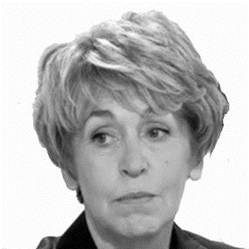
Bernadette Murgue MD, PhD is project manager of the WHO R&D Blueprint. She began her career as a physician in the Department of Blood Diseases in Montpellier. After a fellowship in oncology at Harvard Medical School, she moved to the Institut Malardé, Tahiti—a member of the Institut Pasteur network—to study dengue pathogenesis. She continued these studies at the National Reference Center and WHO collaborating Centre for arboviruses and viral haemorrhagic fevers at Institut Pasteur in Paris before joining the Institute of Research for Development as Deputy Director of the Department of Social and Health Sciences. Among other projects she organized and coordinated a research programme on avian influenza. In 2008, she moved to the Institute of Microbiology and Infectious Diseases where she initiated and coordinated programmes for rapid research-response during epidemics of H1N1, Chikungunya and Ebola. She also initiated and implemented “REACTing” (Research and Action Targeting Infectious Diseases), a network to improve research-preparedness in France, and participated in the development of GloPID-R and served as vice-chairperson .
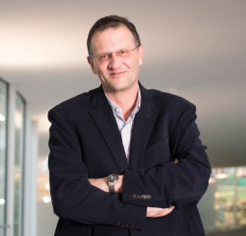
Laurent Kaiser is professor of medicine at the University of Geneva, Faculty of Medicine, Head of the Division of Infectious Diseases and Director of the Laboratory of Virology at the Geneva University Hospitals. The Division covers the full spectrum of infectious diseases encountered in a university teaching hospital. Highly specialized consultants each have a specific expertise in different fields, including HIV, infection in transplant recipients, osteoarticular infections, antibiotic stewardship, as well as clinical microbiology.
The laboratory of virology provides a panel of highly specialized tests. The goal is to integrate new technologies and new diagnostic assays to clinical care whenever this is relevant for patients or public health. The virology research team conducts clinical and diagnostic investigations, in different fields of virology, mainly focusing on hospitalized patients or transplant recipients. We address diagnostic and clinical issues in the field of respiratory viruses and other relevant viral diseases. The laboratory functions also as the Swiss reference centers for influenza and emerging viral diseases, and was involved in the 2014-2015 Ebola crises, among others. In collaboration with basic research groups we promote translational research on respiratory viruses and picornaviruses.
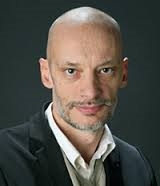
Klaus Schönenberger obtained a PhD from the Swiss Federal Institute of Technology in Lausanne (EPFL), Switzerland. After a post-doctoral research assignment at Lawrence Livermore National Laboratory (USA), he joined the medical devices industry. During 10 years, Dr. Schönenberger held various leading positions in medical devices companies, such as director of R&D and global vice-president of R&D. In his last position he was the global vice-president of Research and Technology at DJO Inc. (Vista, California) a Medical device company with annual revenue of $1bn. In 2009 he left the industry to create the EssentialMed foundation, with the goal to develop appropriate medical devices for developing countries. In 2011, he took the position of program leader at EPFL’s Cooperation and Development Center. He proposed, initiated and currently leads the Center’s EssentialTech programme, which aims to fight poverty through the development of innovative technologies combined with sustainable business models.


